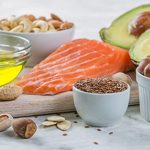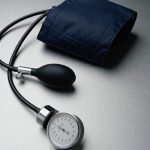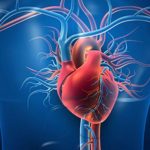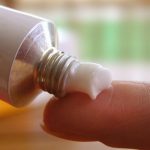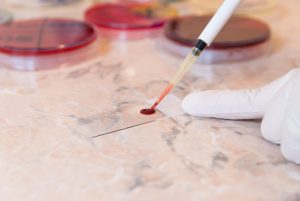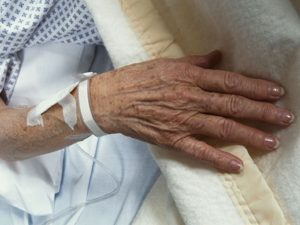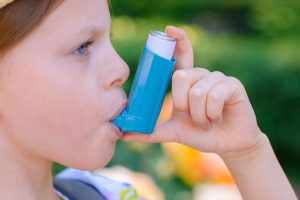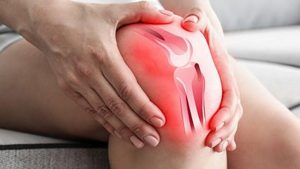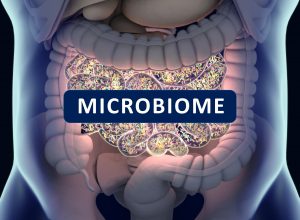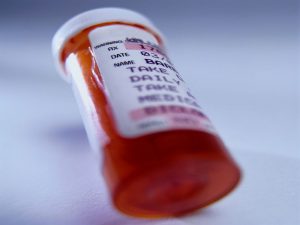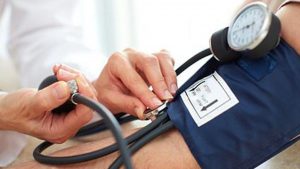
Three anti-smoking groups announced Tuesday that they have sued the U.S. government yet again after it missed its latest deadline for enacting a ban on menthol cigarettes. This is the second lawsuit that the plaintiffs — the African American Tobacco Control Leadership Council, Action on Smoking and Health and the National Medical Association — have filed against the U.S. Food and Drug Administration over delays in banning menthol cigarettes. The first lawsuit, filed in 2020, demanded that the FDA add menthol to its list of prohibited flavors for public health reasons. Once the agency began to take action on the issue, that lawsuit was dismissed. In the latest lawsuit, the groups claim the agency missed a March deadline for issuing a final rule on a menthol ban. Menthol cigarettes are particularly popular in the Black community. “Because of defendants’ inaction, tobacco companies have continued to use menthol cigarettes to target youth, women and the Black community — all to the detriment of public health,” the lawsuit stated. “As African American physicians, we are deeply disturbed at the continuing delays in FDA’s finalizing of the ban on menthol cigarettes,” Dr. Yolanda Lawson, president of the National Medical Association, said in a news release announcing the lawsuit. “Our patients, more than any other group, become disabled and die prematurely due to the continued use of these cigarettes.”… read on > read on >











